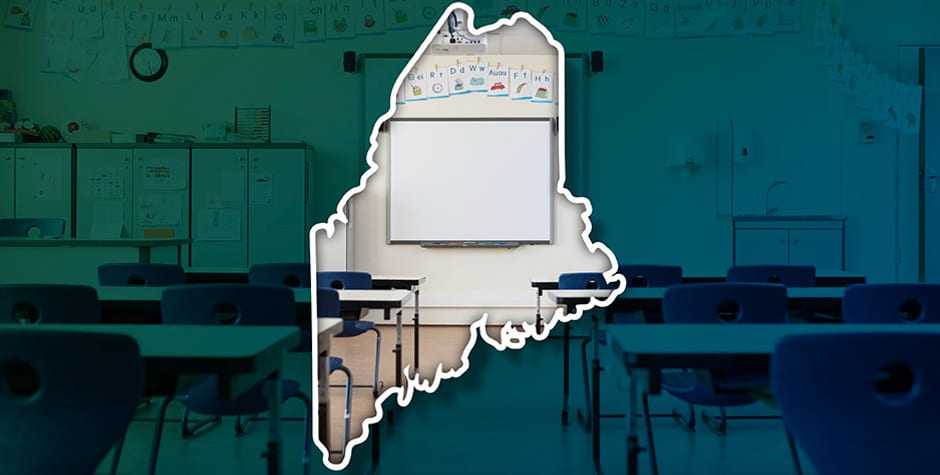Supreme Court Hears Oral Argument in School Choice Case – Observations on Government's Dangerous View of Education
The Supreme Court is currently considering an important school choice case out of Maine, Carson v. Makin. We wrote about the case previously. At issue is Maine’s categorical exclusion of religious schools from a program that gives tuition assistance to families in districts where there is no public high school.
On Dec. 8, 2021, the Justices heard oral arguments. You can listen to the arguments here. A couple of points deserve particular mention.
First, the attorney representing Maine – which opposes the claims of the families who want to send their children to religious private schools – said again and again (e.g., at 48:00-51:00) that “the most important” or “defining” feature of public education is being “nonsectarian” or “secular.” Not a good education in math, reading, or writing. Not familiarization with the founding principles of our nation or preparation for mature future citizenship. Not learning basic human interaction skills or teamwork. But “nonsectarianism.”
Second, the attorney for Maine flatly stated (at 1:07:00-:25) that schools teaching “Marxism or Leninism” would be “completely inconsistent with a public education”; but when asked about “critical race theory” (at 1:09:23-1:10:02), he could not answer.
What lessons should we draw from this? Parental choice is crucial. Families, not bureaucrats or public school union officials, should be the ones judging what content is best for their children. Some parents will prefer secularism; some, religion; some won’t care so long as the basics are covered. Some parents will want an education that slants left; some will prefer a slant toward traditionalism; some won’t care. Letting the parents make the choice without burden or penalty puts the responsibility with the parents, where it belongs. Putting government “educrats” in charge, by contrast, risks the endless politicization of education, as the government will be picking which views win or lose on the controversy of the day, whatever it might be.
We have repeatedly submitted amicus briefs in support of school choice, including three in this case (at the federal appeals court, at the petition stage, and at the merits stage at the Supreme Court). Not only do we think school choice is the constitutional solution – it also solves a lot of endless education disputes by putting the authority where it belongs: with parents.
